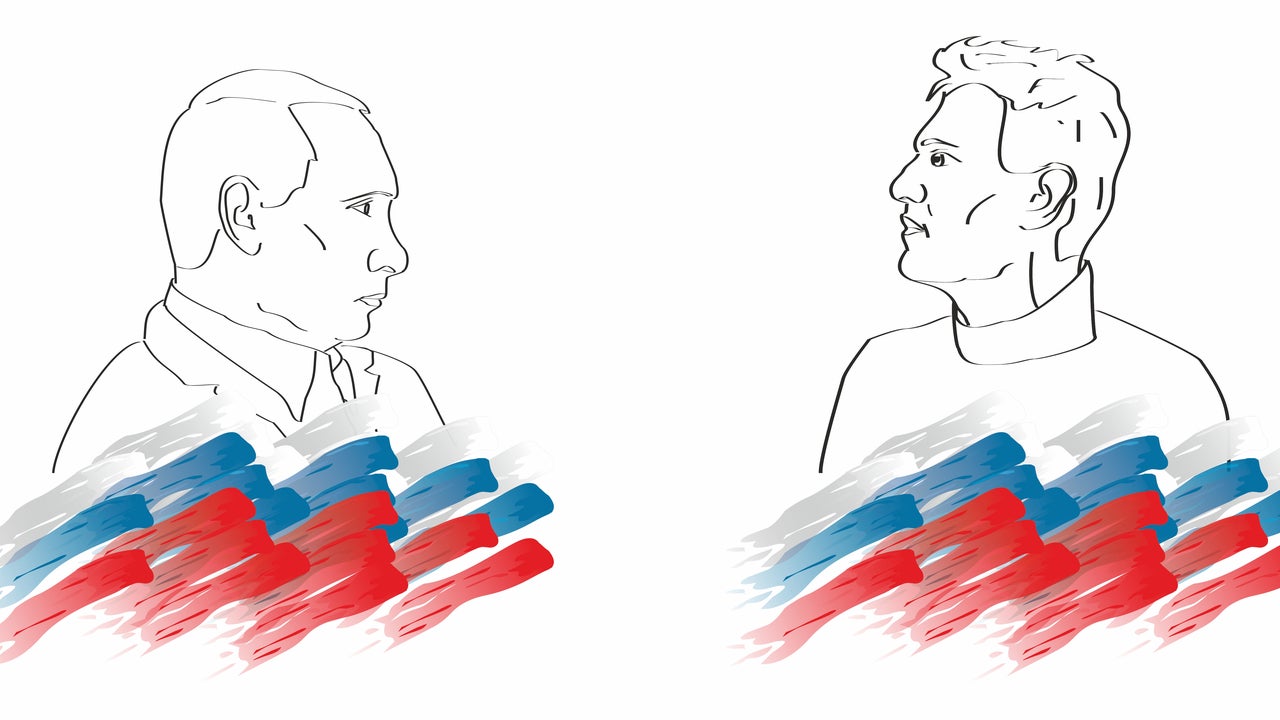Russia, ranked 149th in the world for press freedom by Reporters Without Borders (RWB), is a prime example of an authoritarian regime unable to control its citizens’ access to the open internet. This is demonstrated by the ability of opposition leader Alexei Navalny to contact millions of people from a prison cell.
At the time of writing, Navalny has 6.4 million YouTube subscribers. His latest video, ostensibly exposing corruption through bribery, has over 108 million views. His following is growing, and the Kremlin is unable to stop it. Thousands of people gathered to protest Navalny’s arrest in over 125 cities across the country.
YouTube, TikTok, and other Western social media sites appear to undermine the Russian government’s tight control over traditional media outlets. Roskomnadzor, the Federal Service for Supervision of Communications, Information Technology and Mass Media, removed 39% of 120 million Navalny hashtags on TikTok following his arrest. Its job is made more difficult by the weakening political position of Russian president Vladimir Putin and his allies.
Putin’s approval ratings fluctuated between 60% and 70% during 2019 as he faced criticism over falling living standards and a constitutional change that would allow him to remain president for another 12 years. According to data from the Levada Center, the pandemic and oil crisis have caused approval ratings to decline further, hitting an all-time low of 59% in April 2020.
Momentum of protest in Russia
On 31 January 2021, 5,000 anti-Putin protesters were arrested. On 2 February, hours after Navalny’s prison sentence announcement, 1,000 more were arrested. The sheer momentum of protest in Russia, with the message amplified through social media, presents a threat to Putin’s legitimacy as president.
2020 and the first weeks of 2021 have provided further evidence of the open internet’s ability to undermine authoritarian regimes. It limits political actors’ ability to control access to information while allowing anti-establishment activists to spread their message. According to GlobalData’s TMT Predictions 2021 report, countries such as Iran and Russia are increasingly inclined to censor online dissent from within their own sovereignties. Increased levels of public protest will be met with tighter restrictions online.
Increasing internet regulation
Since 2018, Russia has introduced stringent laws to tighten the government’s control over what its citizens can access online. A 2018 law disallowed the use of proxy services such as virtual private networks (VPNs) and introduced fines for those search engines that allowed them.
The ‘Sovereign Internet’ bill, signed by Putin in November 2019, extended the 2018 law by granting authorities the ability to shut down connections within Russia ‘in an emergency.’ Following Navalny’s arrest, the authorities shut down mobile internet connection in the areas where protests were taking place.
These tactics have historical precedent. The directory of banned websites is reminiscent of the late Soviet government’s list of prohibited Western pop culture. However, much like these past attempts at censorship, the recent laws have not had great success in restricting access to anti-establishment content.
Putin chose not to curtail internet access during his first term, as he sought to project a democratic image for the Russian Federation. However, concerns over his political position in the face of dissent have resulted in strengthened regulation on open internet access.
A shifting social climate and online activism make regulating the internet politically contentious as Russians have been used to freedoms online. This will be despite future efforts to ban access to open internet through legislation in moments of political crisis. Those countries that oppose press freedom, retroactively seeking to mitigate the impact of open internet through legislation, will find it easier said than done.








